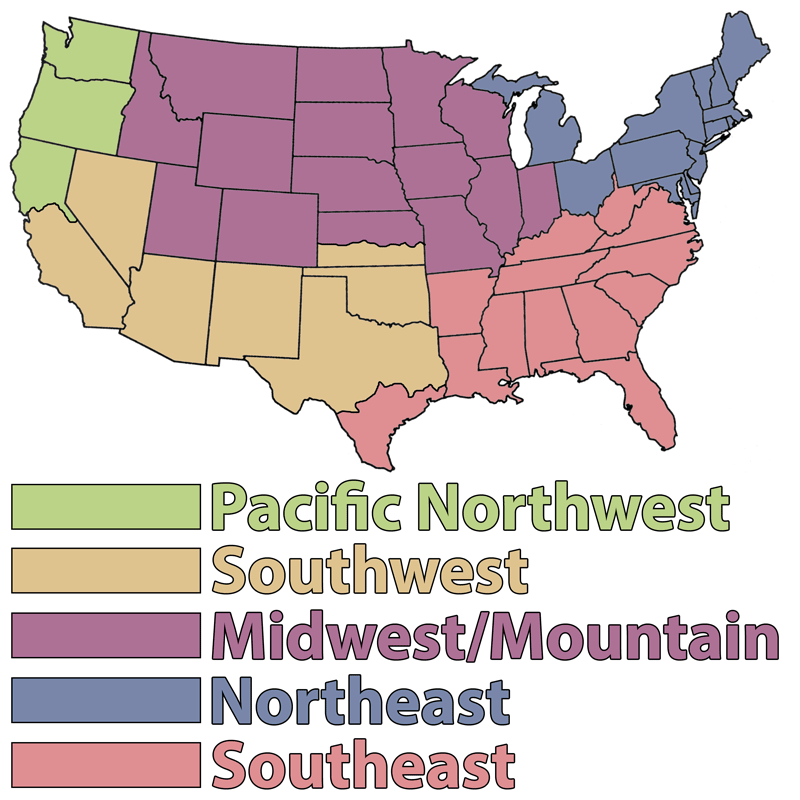Save and inventory leftover seeds.
Gardening "To Do" Tips by Month for Northglenn, CO
When watering your houseplants, avoid using cold water because it may shock the plants; use tepid water.
Move your houseplants away from icy windows to prevent any chilling.
Check your houseplants for any insects or diseases, and treat when necessary.
Remove the snow from evergreen shrubs to prevent them from breaking.
To help reduce winter damage to your lawn, minimize traffic on the frozen grass.
Houseplants with large leaves benefit from being washed with a damp cloth to remove the dust.
Check your fruits and vegetables in storage; throw away any that are damaged or diseased.
Bring in the evergreens for holiday decorations!
Relax and dream about next year’s garden.

